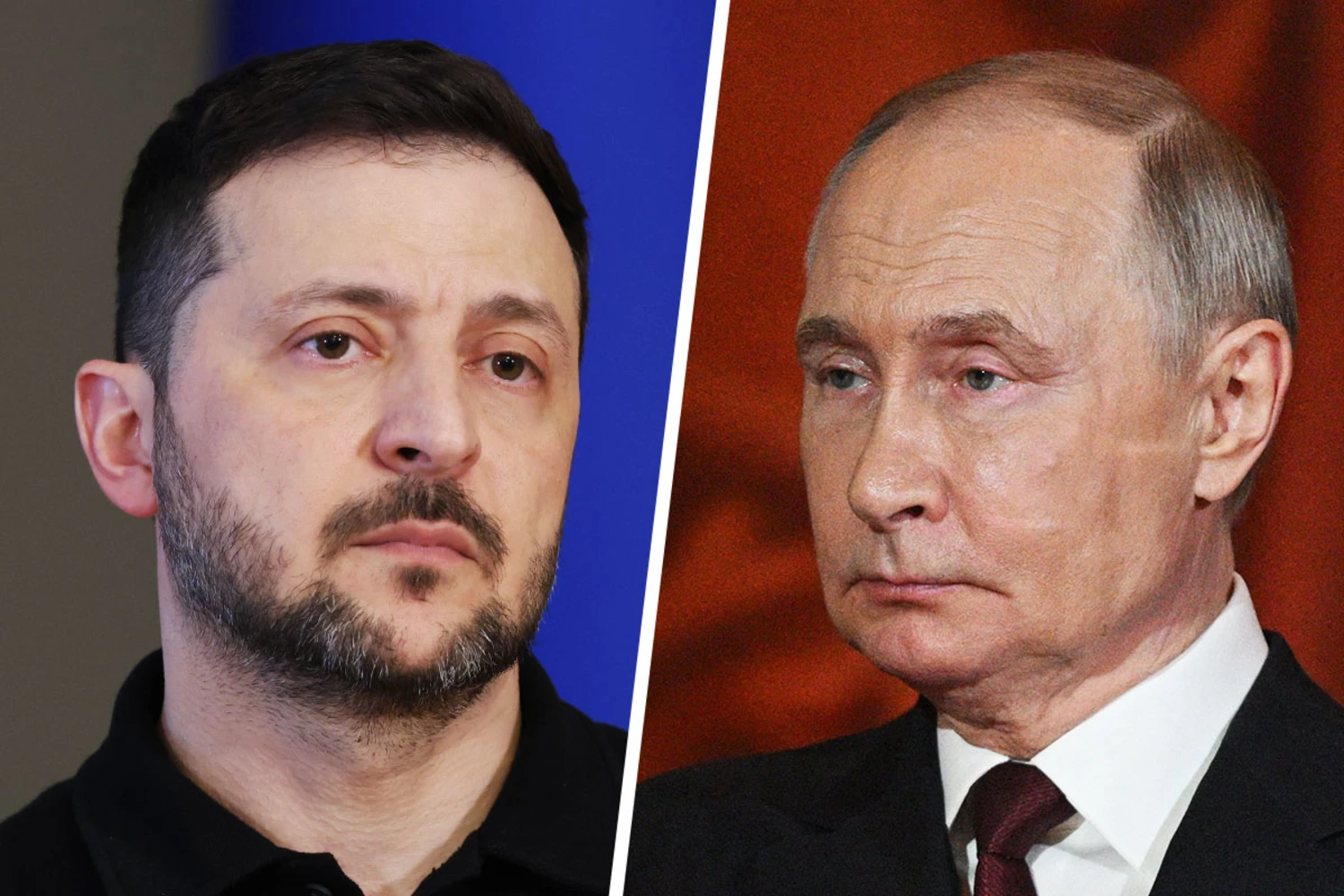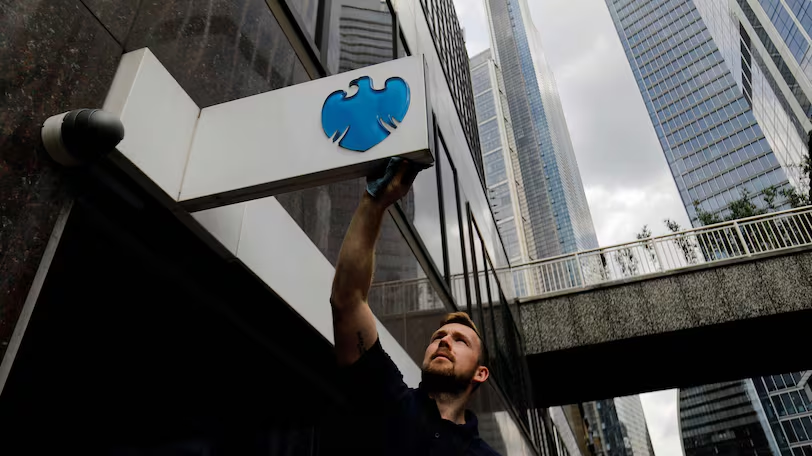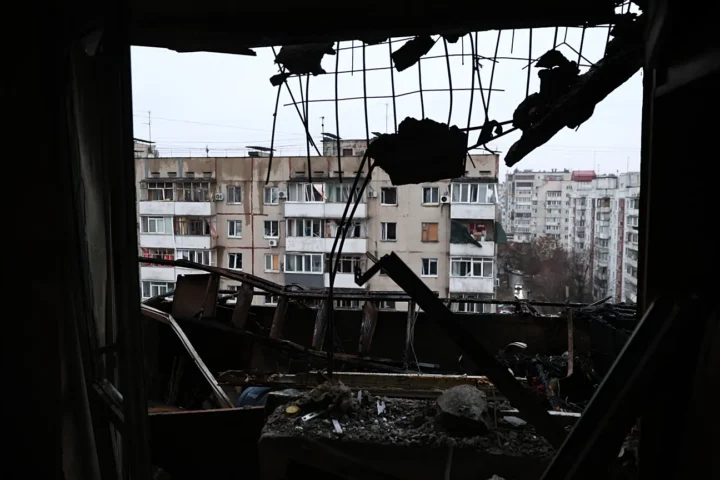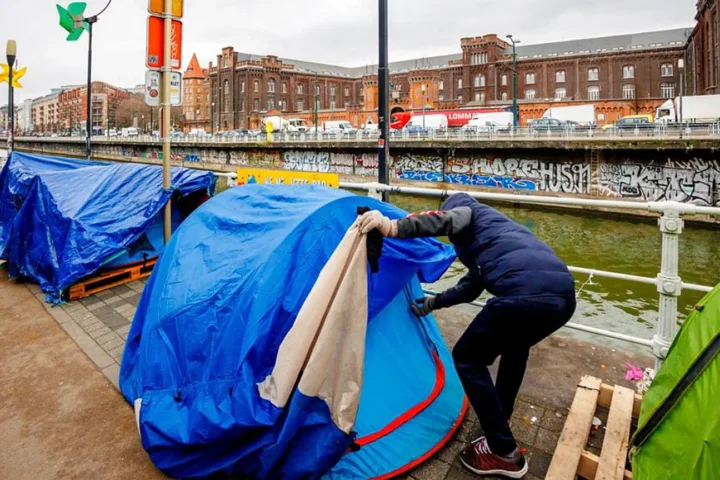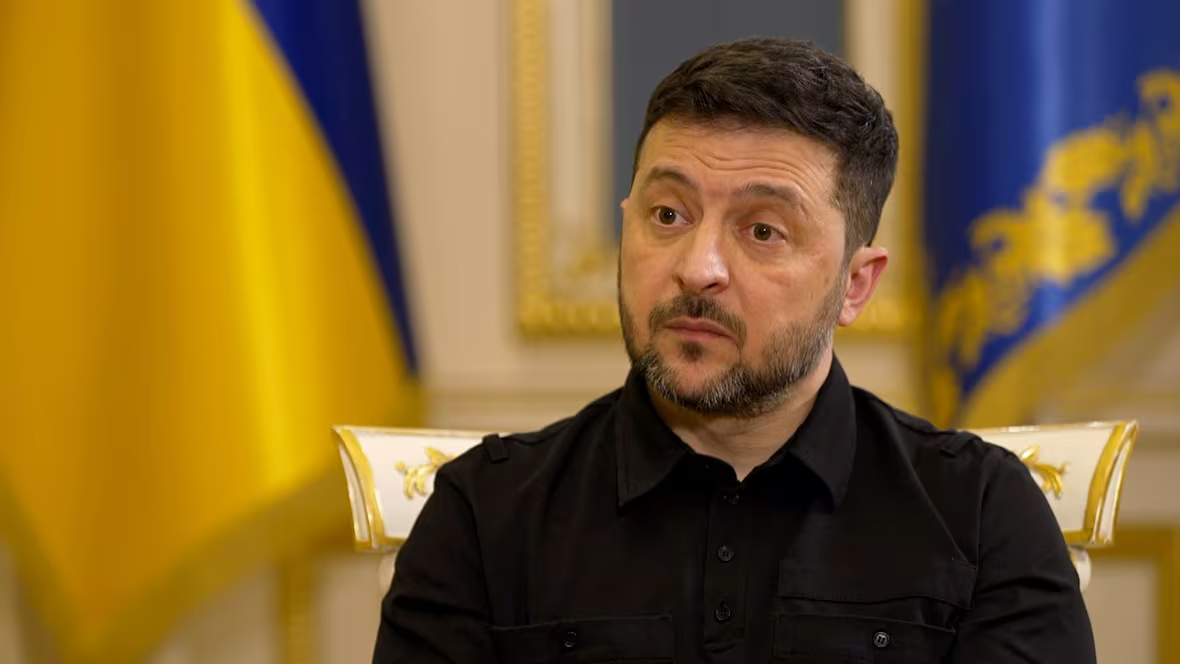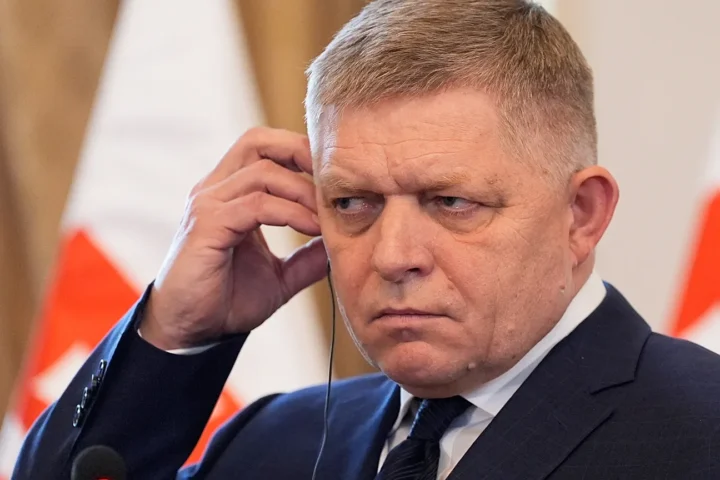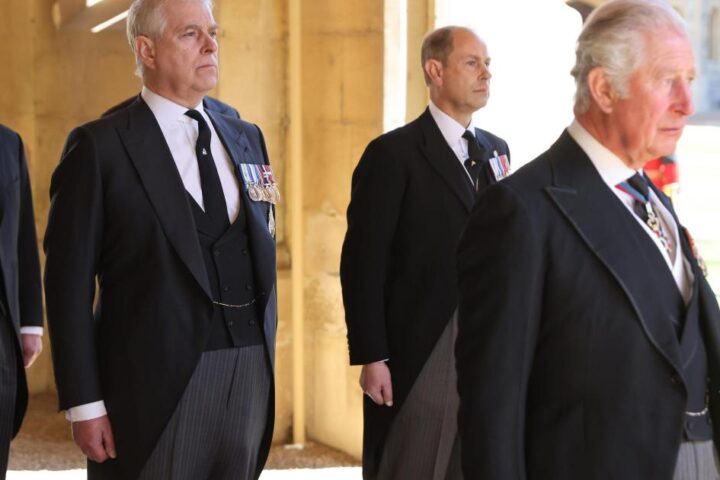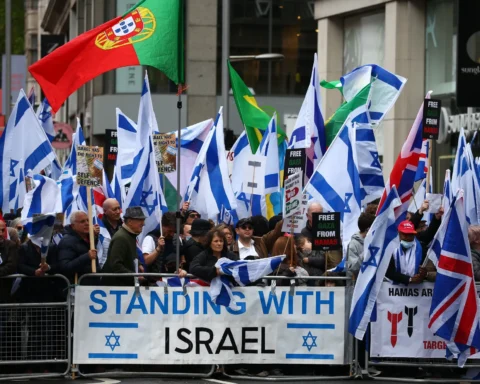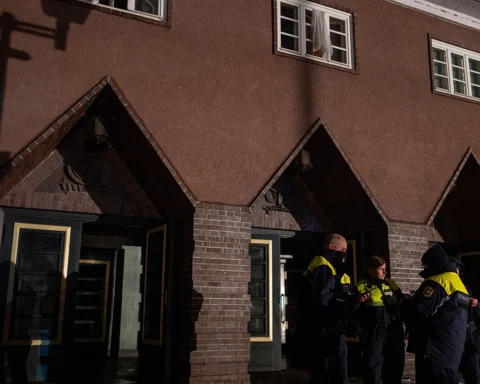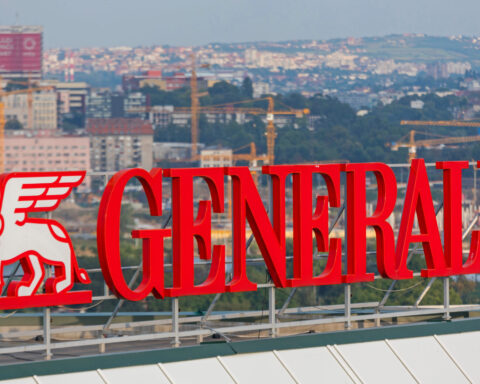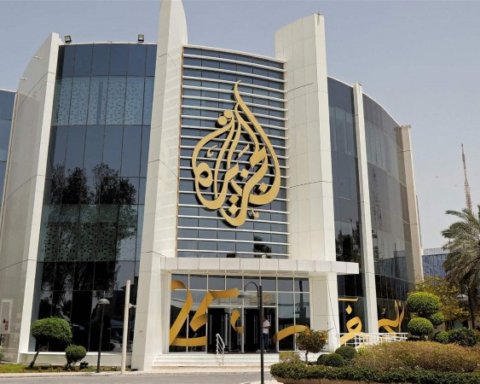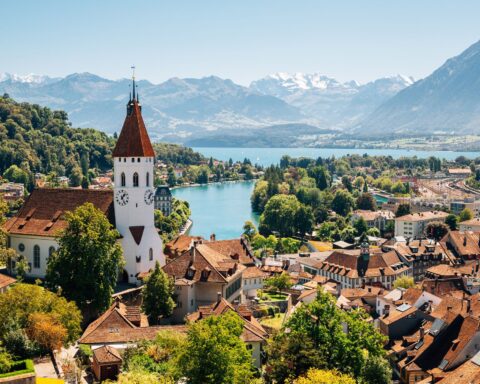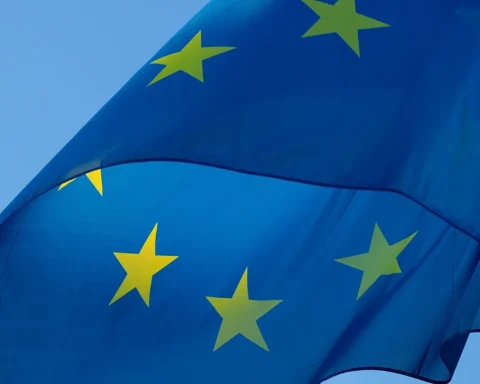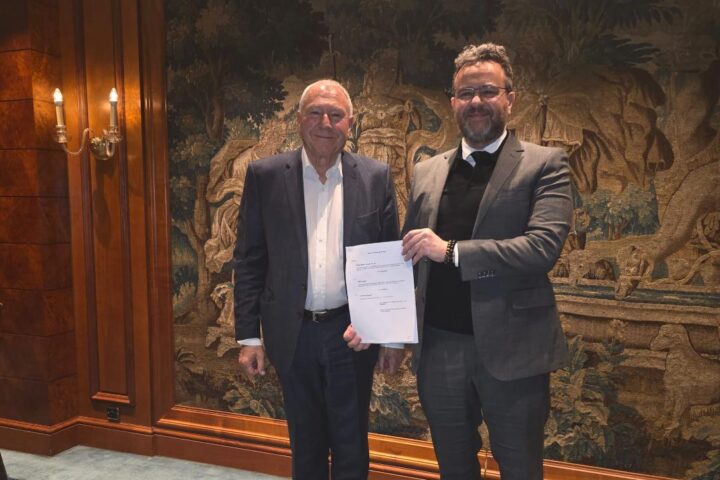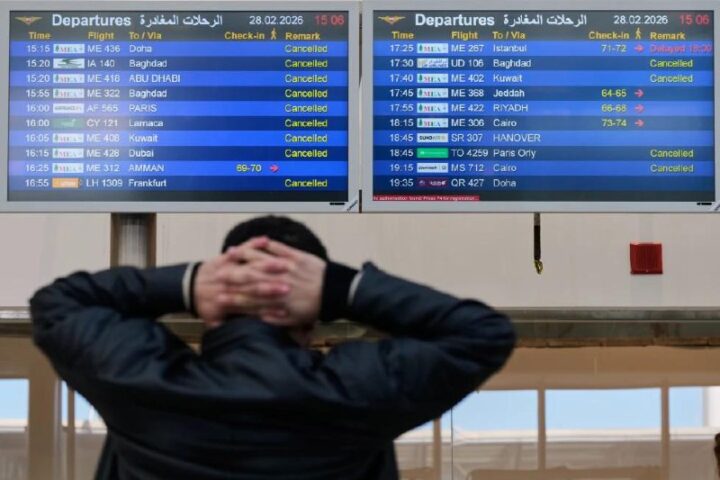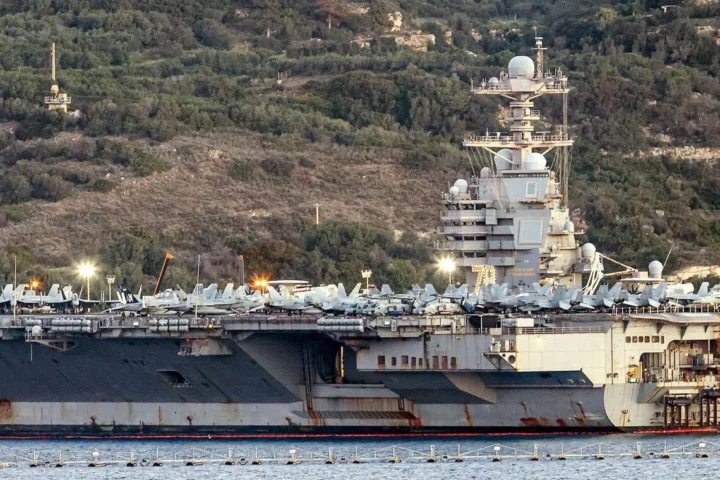Ukrainian President Volodymyr Zelenskyy has dismissed recent statements from Russian President Vladimir Putin as mere posturing, claiming Moscow’s threats are a strategic bluff aimed at influencing international negotiations rather than reflecting a genuine willingness to escalate the war. The remarks come as European leaders step up their calls for a ceasefire in Ukraine, seeking to prevent further humanitarian catastrophe and economic disruption.
Speaking at a press conference in Kyiv, Zelenskyy accused Putin of “using fear as a bargaining chip,” arguing that Russia’s military posture, while aggressive, is primarily a tool for pressuring Ukraine and its allies into unfavorable concessions. “He wants the world to believe he is ready to go further, but his actions reveal the limits of his power,” Zelenskyy said.
The Ukrainian leader’s comments follow a series of Kremlin statements suggesting that Russia could expand military operations if the West continues to supply Kyiv with advanced weaponry. These warnings have coincided with reports of troop movements along critical sections of the frontline and increased missile strikes targeting Ukraine’s energy infrastructure. However, Ukrainian intelligence maintains that Moscow’s capacity for a major new offensive is constrained by dwindling equipment reserves, manpower shortages, and mounting battlefield losses.
European capitals have responded to the rising tensions with a renewed push for diplomacy. French President Emmanuel Macron, German Chancellor Olaf Scholz, and Italian Prime Minister Giorgia Meloni have all emphasized the urgent need for a negotiated settlement, warning that a prolonged conflict will have dire consequences for both regional stability and the global economy.
The European Union is reportedly preparing a new peace framework aimed at halting large-scale hostilities and opening the door for talks on Ukraine’s postwar reconstruction. While details remain under wraps, diplomats familiar with the plan say it would likely include provisions for security guarantees, phased withdrawal of forces, and international oversight of contested regions.
Zelenskyy, however, remains cautious about any deal that might lock in Russia’s territorial gains since the invasion began in February 2022. “A ceasefire without justice is just a pause for the aggressor to regroup,” he warned, stressing that Ukraine’s sovereignty and internationally recognized borders are non-negotiable.
Meanwhile, Washington has signaled continued support for Kyiv, with U.S. officials reiterating that any peace agreement must be driven by Ukraine’s own terms, not imposed from abroad. NATO has also reaffirmed its commitment to bolstering Ukraine’s defensive capabilities, pledging additional military aid packages in the coming months.
Analysts say the current moment reflects a delicate balance of power: Russia’s capacity to escalate is real but limited, Ukraine’s resistance remains resolute yet heavily dependent on Western backing, and Europe’s appetite for a quick resolution is growing as the war’s economic toll mounts. Whether this dynamic leads to meaningful negotiations or another protracted stalemate may hinge on whether Putin’s supposed bluff is called—or if it proves more dangerous than Zelenskyy anticipates.
